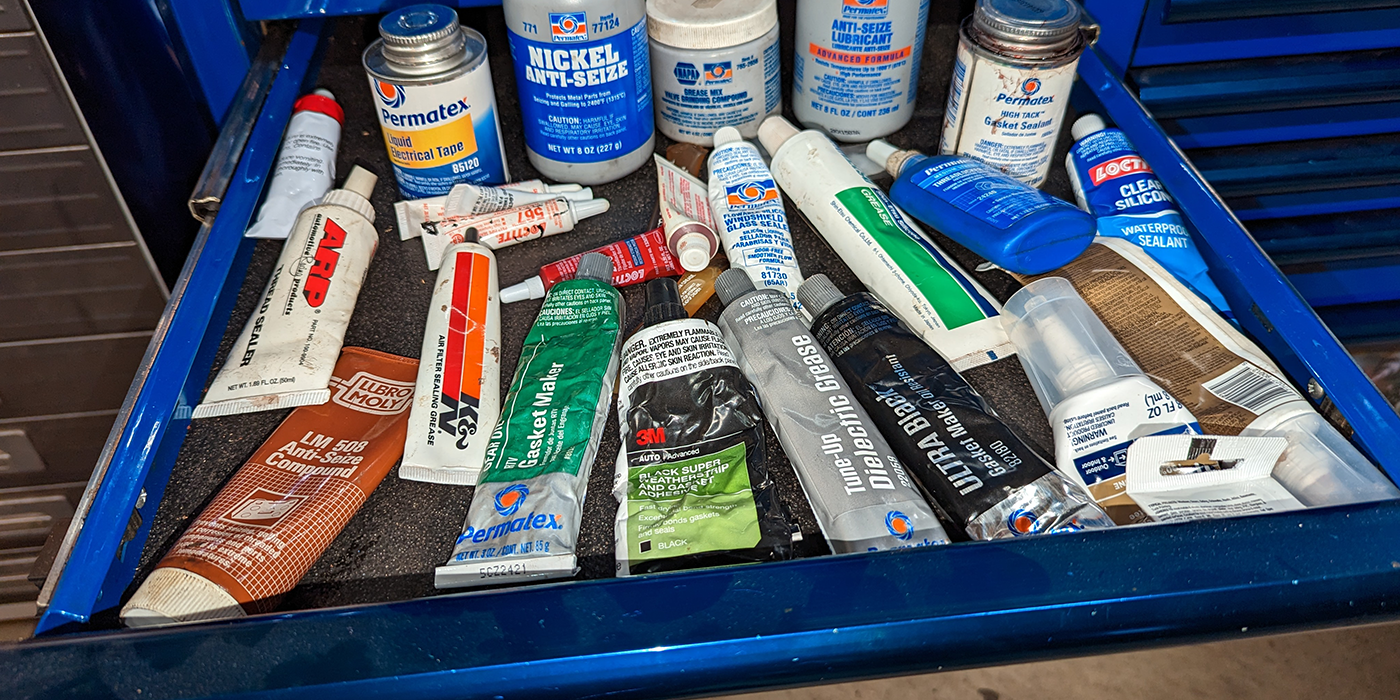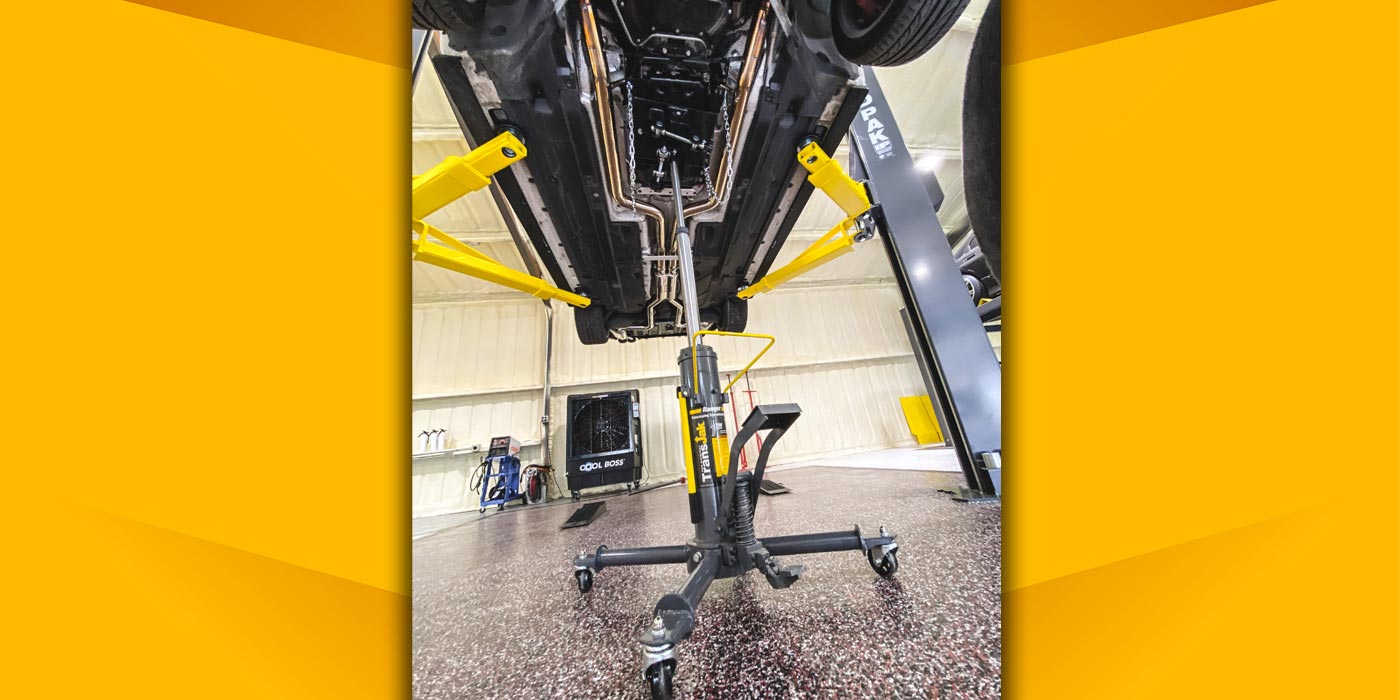
It’s Your Business
- Author: Terry Greenhut, Business Editor
- Subject Matter: Management
- Issue: Owner behavior
Your behavior in front of your employees is a big determining factor in the way they will behave toward each other, your customers, your suppliers and you. Here are some prevalent and damaging behaviors that some bosses exhibit. If they expect the best from their employees they’ll need to clean up their own act first.
• Lack of ethics: When a boss breaks the rules, cheats and lies or indulges in behaviors that reveal a lack of moral principles, he or she loses employees’ respect. Without their respect, a boss cannot lead; first because it demotivates by taking away the faith in their leader and, second, when a leader indulges in unethical practices he gives his employees unwritten permission to do the same. Then there is chaos. When employees witness the boss doing things like overcharging customers; not recording sales; refusing or wiggling out of warranty claims; failing to take responsibility for mistakes; making empty promises to employees, suppliers or customers; or extravagantly spending on personal items while trying to convince the staff that the company is losing money, they wonder why they have to be ethical or, for that matter, loyal. Our ethics are all we have to fall back on. The honest or dishonest manner in which we conduct ourselves rubs off on those around us whether they be customers, employees, friends or family.
• Lack of self-control: Have you ever been out with your boss to dinner, a bar or some kind of social event and witnessed him or her get drunk and proceed to do foolish or dangerous things? How did you feel about it? Were you embarrassed that the person who is supposed to be in charge of you was acting so irresponsibly in public? Did you lose respect for that person? It can and does happen. People in authority need to realize that they are always on stage. Someone is always watching their actions. They need to maintain their dignity at all times in any social situation. If they know, for example, that any more than two drinks loosens them up too much, they need to stop before they get to that point. Nobody respects someone who can’t hold their liquor. Same goes for holding emotions. Authority figures can’t fly off the handle or show fear or any other weakness in front of others. They are looked up to for their strength so they must maintain their composure at all times.
• Lack of fairness: Our current societal effort to treat people equally has led to confusion among some bosses about “equality” versus “fairness” in the workplace. I talked with a manager who gave all his employees the same pay raise because he “wanted to be fair.” He was then mystified that the productivity of his best employees declined to that of an average worker. Rewards can be powerful tools of motivation, but they must be administered fairly. There was no reason for equality in this instance. Not everyone deserved the same raise. The top performers might have, but others didn’t. In fact, giving everyone the same amount worked against the boss in both ways. Along with removing the incentive for the best performers to produce it also let those with less productivity know that it didn’t matter how poorly they did their jobs; they were going to get the same raises as well. Talk about defeating the purpose.
• Lack of organization: Automotive shops can be filled with employees who lack direction because disorganized leaders don’t deliver and manage plans and strategies to guide their teams. What’s the chance of an unguided team maximizing its sales or productivity? Somewhere between slim and none. Managers who don’t lay out and continually update a plan that their staffs can carry out can’t expect nor do they deserve excellent productivity. Every morning, before the workday starts, a good leader should meet with her troops and discuss not only what’s expected of them but also the obstacles that stand in the way and how they can be overcome: “Here is our goal for today. This is what we must produce to get it done. Is there anything you need me to get or do for you to make it happen?”
• Lack of training: Want a productive staff? Train them, over and over if you have to. How can you expect productivity if people don’t know every little thing they need to about their jobs? When businesses aren’t doing as well as they’d like, when money is tight, one of the first things they cut is their training budget. That’s sad, because often they got into that position because their people weren’t trained well enough to begin with. Now take away even more training and the problem grows exponentially. Too many people in all professions grow to a point and then either get comfortable with their positions or don’t have access to the additional information needed to grow further. If you are a boss it would be best to make sure training is available and mandatory for your staff. Anyone who refuses to take additional training should be penalized for not wanting to do their best for the company and themselves; they should be passed over for promotions and raises, especially if the company is willing to pay for their education.
• The buddy: Bosses can never be buddies with their employees – ever. Friendships neutralize the boss’s authority and power. They can also cloud a leader’s objectivity and hinder the ability to correct behaviors, to delegate and to hold employees accountable. When friendships compromise output, it’s the boss who will be accountable. Being friendly to employees and being a friend are two different things. It’s good to be friendly, to say hello, to congratulate when they do things well or when they are celebrating a special event, but do not cross the line that muddies the relationship between boss and friend. It could cost you your authority. Always remember that employees are loyal to that paycheck you hand them every week. When it is threatened in any way they will not be your buddies very long. Unlike true friends who don’t like you only for the money you pay them, employees are there to make money, so when that stops so does the friendship in most cases.
• The screamer: I hope you are not the type of boss who yells, screams and shouts obscenities whenever things go wrong. If you are, you don’t realize how you are killing morale in the shop. No one wants to work under the threat of being yelled or cursed at, and no one can put out their best effort when all they hear around them is the release of anger even if it isn’t directed at them. Employees want a pleasant place to work. They want to look forward to doing their jobs in relative serenity. If they know that every day is going to bring a battle, they stiffen themselves against it and always operate in protective mode, which hinders both their productivity and creativity.
•The liar: He lies to almost everyone. You’d think it’s in his DNA to do so. He lies to customers about when they can expect their vehicles done, he lies to suppliers about when they’ll get paid, and he lies to his employees about things like promotions and raises. He portrays the company as always being in bad shape, whether it is or not, for the sole purpose of getting suppliers to charge less and employees to work harder for lower wages.
•The know-it-all: You can’t tell him anything. Even if you tactfully suggest changes and fixes to his business he doesn’t accept nor will he even look into implementing them. He knows it all. He’s been there and done that. Of course, people who act that way are not usually very successful and need the help desperately but will never admit to it. They aren’t ever likely to change because guess what; they know it all.
•The braggart: Although it’s good to take some amount of pride in the things you’ve accomplished in life, when you brag continually about your achievements it does nothing but turn everyone else off. People don’t care very much about what you did or what you used to do in the good old days. They want to know what you’re doing right now to run your business successfully. Try to dwell on the projects in front of you as opposed to bragging about the ones you’ve already completed.
•The egotist: This boss tells anyone who will listen what a great person he or she is, how well they take care of their customers and employees. The question should not be, “What do they think of themselves?” It should be, “What do their employees and customers think of them?” Rather than assuming they are so wonderful and that everyone loves their programs, they need to ask.
As an owner or manager, you wield a tremendous amount of power. You hold the livelihood of so many in your hand. You can be an incredibly negative power or a positive one who’s looked up to by customers, peers and employees. For the latter, bosses have to purge themselves of their own damaging behaviors before they can expect to get the best from those who rely on their leadership.

Terry Greenhut, Business Editor, visit www.TerryGreenhut.com.













